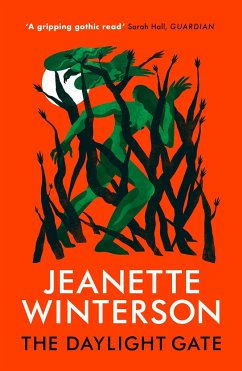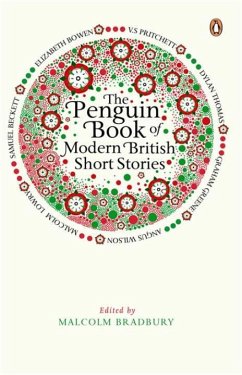
British Fiction of the 1990s
Versandkostenfrei!
Versandfertig in 6-10 Tagen
154,99 €
inkl. MwSt.
Weitere Ausgaben:

PAYBACK Punkte
77 °P sammeln!
The 1990s proved to be a particularly rich and fascinating period for British fiction. This book presents a fresh perspective on the diverse writings that appeared over the decade, bringing together leading academics in the field. British Fiction of the 1990s:traces the concerns that emerged as central to 1990s fiction, in sections on millennial anxieties, identity politics, the relationship between the contemporary and the historical, and representations of contemporary spaceoffers distinctive new readings of the most important novelists of the period, including Martin Amis, Beryl Bainbridge,...
The 1990s proved to be a particularly rich and fascinating period for British fiction. This book presents a fresh perspective on the diverse writings that appeared over the decade, bringing together leading academics in the field. British Fiction of the 1990s:
traces the concerns that emerged as central to 1990s fiction, in sections on millennial anxieties, identity politics, the relationship between the contemporary and the historical, and representations of contemporary spaceoffers distinctive new readings of the most important novelists of the period, including Martin Amis, Beryl Bainbridge, Pat Barker, Julian Barnes, A.S. Byatt, Hanif Kureishi, Ian McEwan, Iain Sinclair, Zadie Smith and Jeanette Winterson shows how British fiction engages with major cultural debates of the time, such as the concern with representing various identities and cultural groups, or theories of 'the end of history' discusses 1990s fiction in relation to broader literary and critical theories, including postmodernism, post-feminism and postcolonialism.
Together the essays highlight the ways in which the writing of the 1990s represents a development of the themes and styles of the post-war novel generally, yet displays a range of characteristics distinct to the decade.
traces the concerns that emerged as central to 1990s fiction, in sections on millennial anxieties, identity politics, the relationship between the contemporary and the historical, and representations of contemporary spaceoffers distinctive new readings of the most important novelists of the period, including Martin Amis, Beryl Bainbridge, Pat Barker, Julian Barnes, A.S. Byatt, Hanif Kureishi, Ian McEwan, Iain Sinclair, Zadie Smith and Jeanette Winterson shows how British fiction engages with major cultural debates of the time, such as the concern with representing various identities and cultural groups, or theories of 'the end of history' discusses 1990s fiction in relation to broader literary and critical theories, including postmodernism, post-feminism and postcolonialism.
Together the essays highlight the ways in which the writing of the 1990s represents a development of the themes and styles of the post-war novel generally, yet displays a range of characteristics distinct to the decade.














